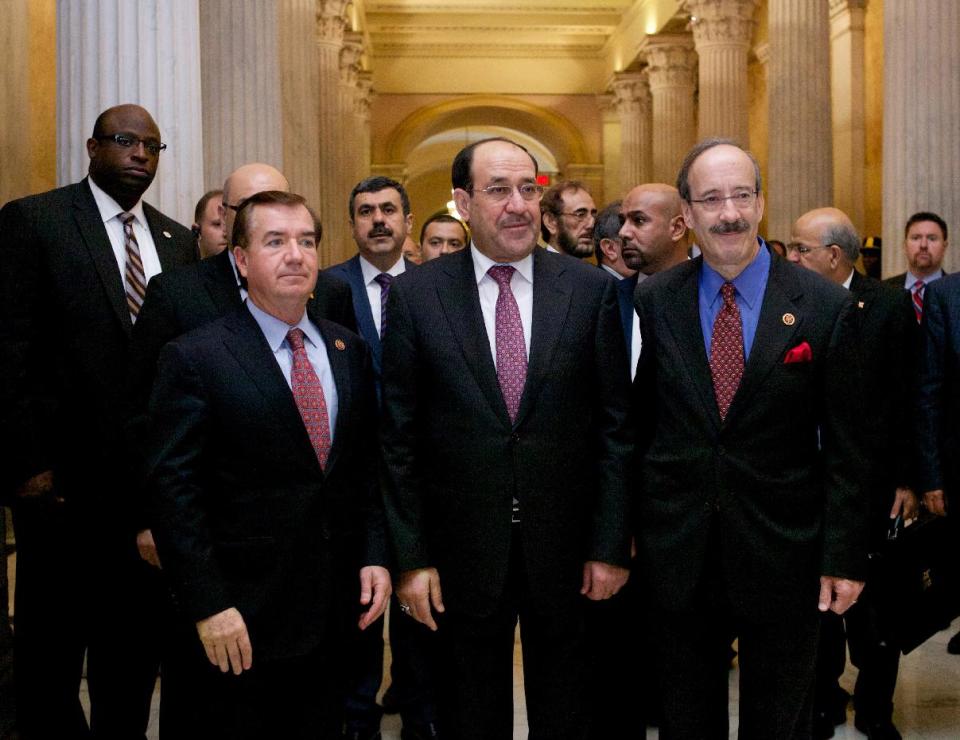
In light of a resurgence in terrorist activity in Iraq, the Iraqi government has reached out to President Obama in hopes of receiving greater United States support.
The Iraqis are asking for weapons, training, and manpower but do not want U.S. troops on the ground. While the former U.S. ambassador to Iraq suggests that providing additional American personnel for guiding purposes costs relatively little, others, like Sen. John McCain, remain skeptical and insist on seeing a thought-out strategy for how Americans will help change the situation.
Although it may seem obvious for the U.S. to distance itself from a conflict it had just left, there are many considerations. One is the Iraqi's threat that they will turn to other nations, like China and Russia, for support. Americans have vested interest in maintaining positive ties with the nation, because it is geographically situated in a volatile region of the world that the U.S. wants influence in; however, it must also invest too much, for the tolls of intervention are painfully evident in the wars of the past decade.
How do you think the U.S. should react to this request?
In order to tie this back to Gov... Washington in his farewell address warned America to stay out of foreign affairs. In this day and age of globalization and complex foreign cooperation, to what degree, if at all, do you believe the U.S. should follow Washington's statement?
Article
2 comments:
I think that although Iraq would be useful to have positive ties with, it is not worth an increase in the US's involvement. We just worked our way out of the problem, and now we are thinking about going back in. I think that we could possibly give a little bit of aid to keep them on our side, but the US government needs to have a line in which they can not step over. Losing Iraq to Russia or China would be a big loss, but also one that maybe we need to take in order to fix ourselves internally. Washington said to stay out of other's affairs back when the world was not so interconnected, and I still see his point today. We need to focus on our country first, and then work on increasing influence around the world.
I think that after all we have been through with Iraq it isn't really worth getting back into that situation. Although Connor does bring up a good point that it would be useful to have positive ties with a middle eastern country, keep in mind that this may turn into another nightmare where we would remain in Iraq for another 10+ years. Washington did bring up a good point however this was before the internet, planes, and technology overall. It was also before globalization and terrorism, so I don't know if today Washington would say the same things he did back then. Overall, while it does seem tempting because we need better ties with middle eastern countries, I don't think it's worth helping Iraq after all that has happened in the past 10+ years.
Post a Comment